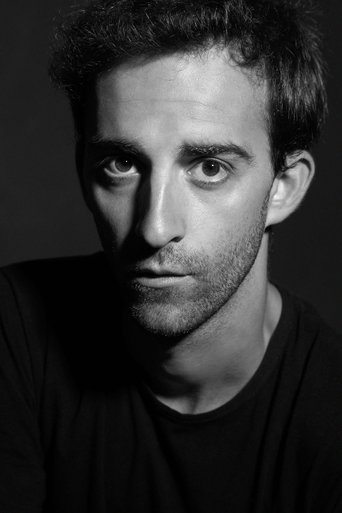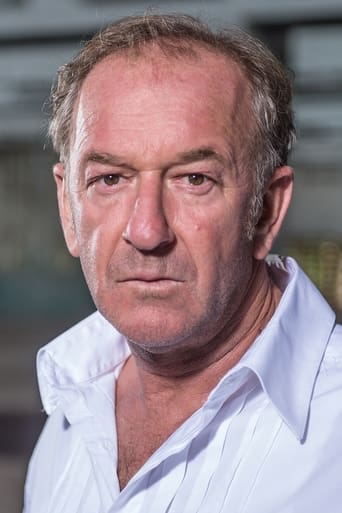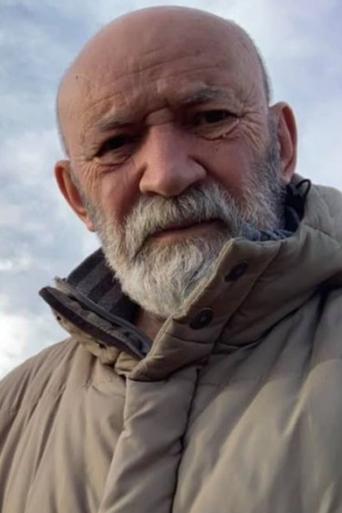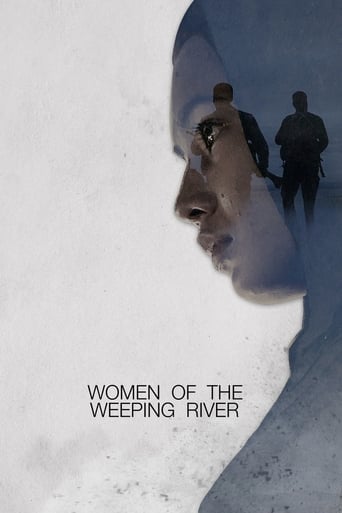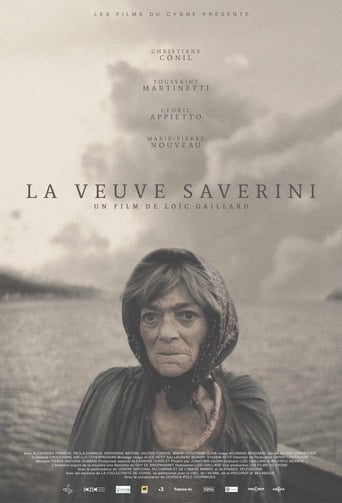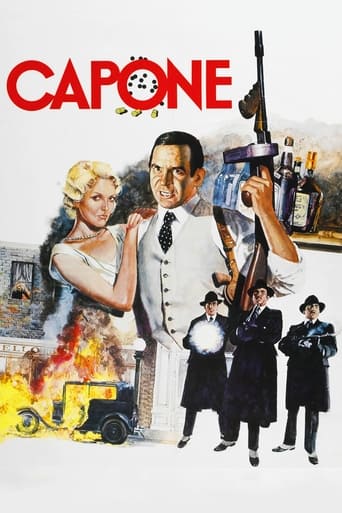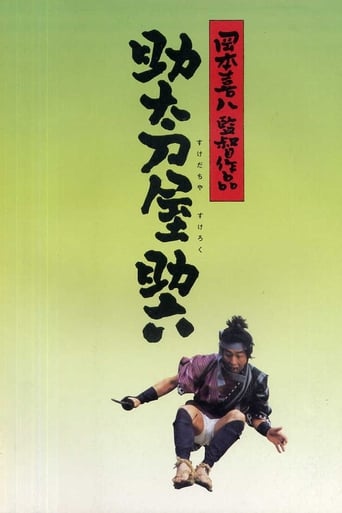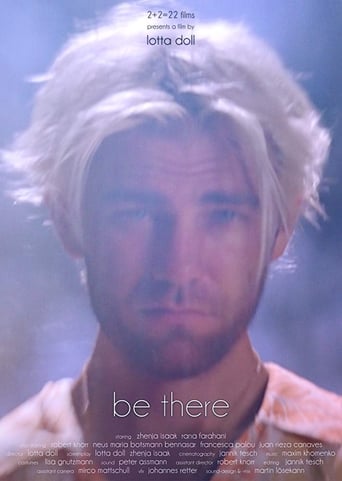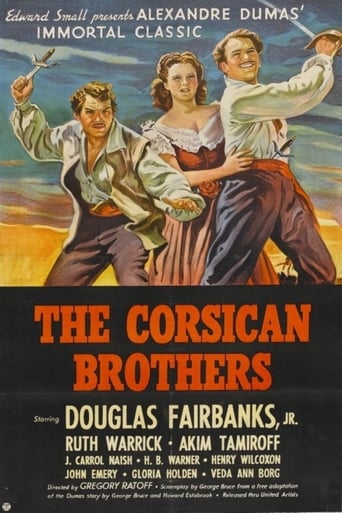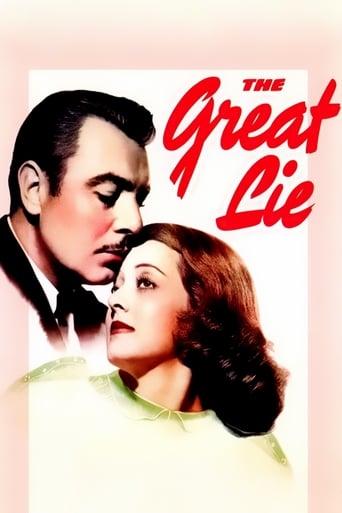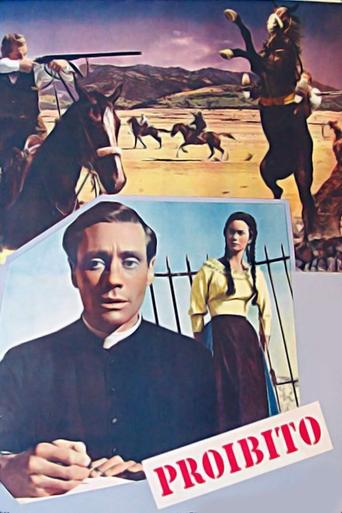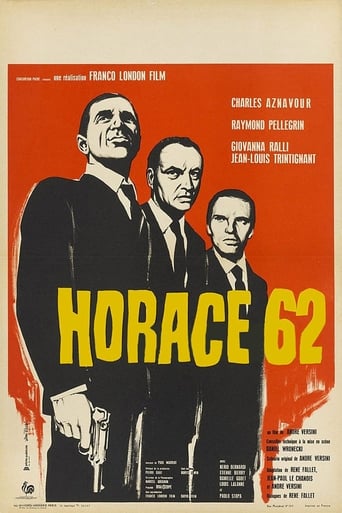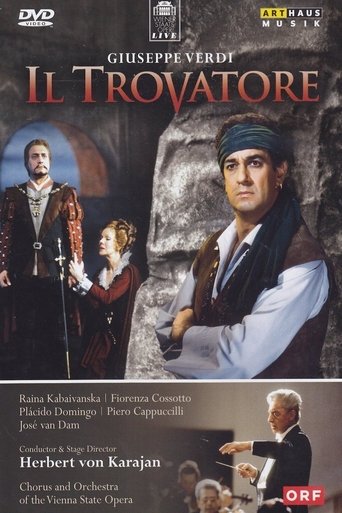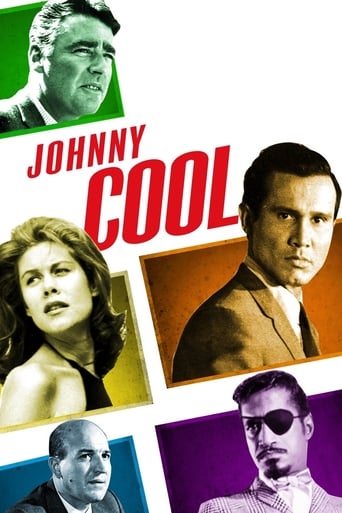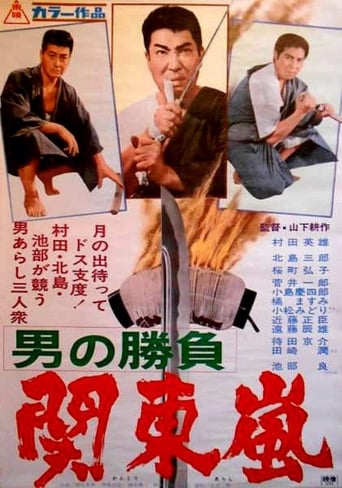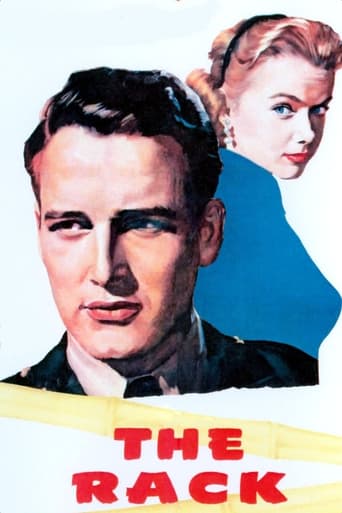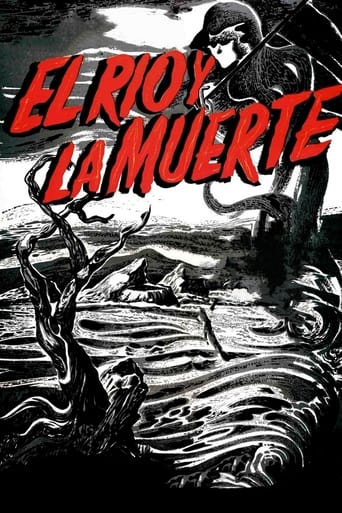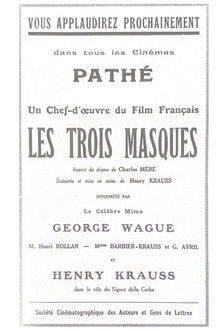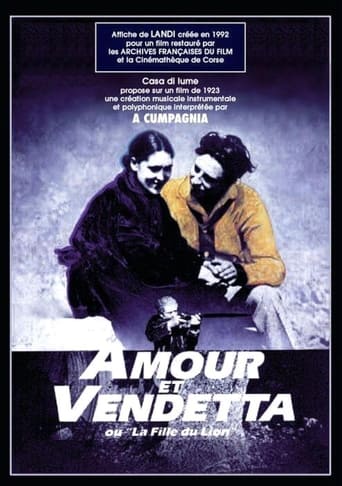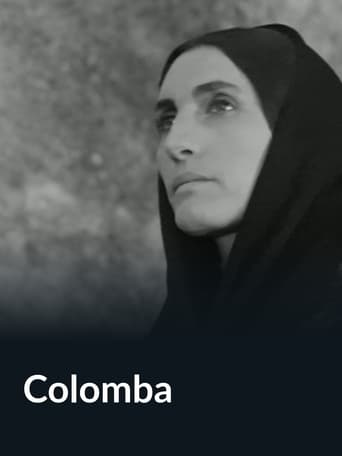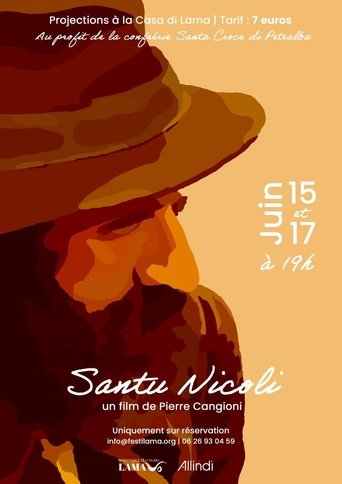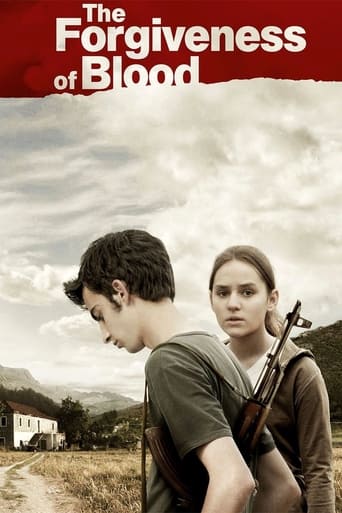
The Forgiveness of Blood (2011)
A seventeen-year-old boy and his younger sister’s dreams and aspirations are put on hold when their father is accused of murder.
- Joshua Marston
- Odeta Cunaj
- Joshua Marston
- Andamion Murataj
Rating: 6.5/10 by 42 users
Alternative Title:
Country:
Albania
Denmark
Italy
United Kingdom
United States of America
Language:
shqip
Runtime: 01 hour 49 minutes
Budget: $0
Revenue: $122,593
Plot Keyword: seclusion, vendetta, blood feud
Joshua Marston, best known as the director of drug mule story MARIA FULL OF GRACE, gives us here a poignant depiction of blood feuds in northern Albania. The script was cowritten by Andamion Murataj, the film was shot on location, and the actors are all Albanians, some of them amateurs, speaking the authentic Gheg dialect of their region. Nik (Tristan Halilaj) is in his last year of high school and dreams of opening an internet/computer game café in his small town. His sister Rudina (Sindi Lacej) hopes to go on to university. Their dreams are dashed, however, when their father (Refet Abazi) kills a neighbour in a dispute over land. To avoid revenge attacks from the dead man's family, the males of the family are forced to stay inside their home at all times, a situation that could last for years while the community mediates the feud. With the father out of work, Rudina is forced to drop out of school, deliver a bread route, and buy contraband cigarettes to sell at a profit. Marston and his cowriter are clearly interested in depicting the intersection of two worlds in Albania: mobile phones and cheap motorbikes alongside ancient laws that hold a man's honour sacred. What weakens the film, however, is that nowhere is it made clear that blood feuds are not a typical feature of contemporary Albanian life: while they briefly erupted in the early 1990s after the fall of Communism, and some families still live under them, it is very unusual for one to start today. Without mentioning that things have changed, this film misrepresents Albania and misleads Western viewers towards a Boratish caricature. Note how other reviews here and elsewhere tend to commend the film more for "teaching them something about Albania" than for cinematography or acting. The camerawork is completely unimaginative, lacking any carefully composed tracking shots and depending far too often on a seasick shaky handheld camera following a walking actor. While the acting isn't outright bad, the deficiencies in the script only make their amateur effort stand out. While life for the men in the family is tedious as they can't step out of the house, this point is already sufficiently made by halfway through the film, and yet the script goes on and on without anything more to say. The ending seems ad hoc and doesn't really follow from the body of the film.


